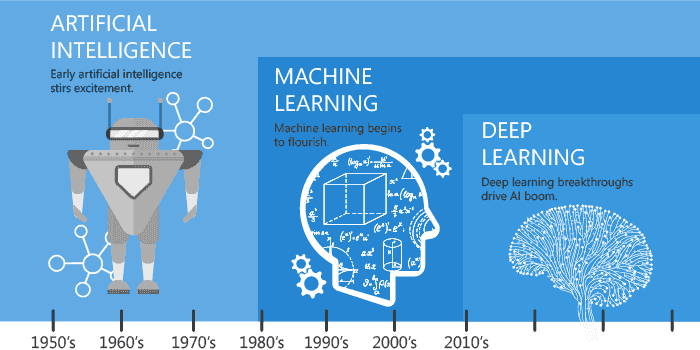In the current fast-paced digital landscape the importance of personalized customer engagement. The traditional one-size-fits-all approach is giving way to personalized experiences that resonate with individual preferences and behaviors. This shift is largely driven by advancements in machine intelligence, which enables companies to analyze vast amounts of data and gain insights into customer needs like previously impossible.
As businesses strive to connect with their audiences on a more intimate level, AI emerges as a significant ally. By leveraging machine learning algorithms and predictive analytics, businesses can create flexible, personalized interactions that enhance customer satisfaction and loyalty. From targeted marketing campaigns to customized product recommendations, the ability to deliver the appropriate message at the perfect time is transforming the way consumers engage with brands, ultimately leading to improved outcomes for both parties.
Comprehending AI in Customer Engagement
AI technology has transformed customer engagement by enabling businesses to process extensive amounts of information rapidly and accurately. This capability enables companies to gain insights into customer actions, choices, and patterns that were earlier difficult to identify. With AI, organizations can analyze communications across various channels, such as social platforms, electronic mail, and online sites, creating a complete view of the customer's experience. This insight is vital for adapting experiences that appeal with specific consumers.
The customization offered by AI enhances customer happiness and fidelity. By utilizing ML methods, businesses can deliver personalized content and recommendations based on past purchases and browsing history. This level of personalization makes customers feel valued and appreciated, leading to increased involvement rates. When customers receive pertinent information and offers, they are more likely to convert and continue supporting a brand, ultimately increasing sales and revenue.
Moreover, AI facilitates real-time interactions that can substantially improve customer support. Through chatbots and digital aides, businesses can provide 24/7 support, respond to queries, and make advice at any time. This immediate response ability not only meets customer needs swiftly but also allows human agents to handle more complicated issues. The blend of efficiency and personalization helps create a seamless customer journey that can significantly enhance brand image and interaction.
Advantages of Tailoring at Scale
Personalization at scale transforms client engagement by creating tailored experiences that enhance contentment and commitment. With artificial intelligence, companies can examine vast amounts of information to grasp individual preferences and behaviors. This ability enables organizations to provide relevant content, product recommendations, and customized messages to customers, making them feel valued and understood.
Furthermore, artificial intelligence-based tailoring leads to increased conversion rates. When customers receive personalized offers and communications that resonate with their interests, they are more likely to engage with the company. This targeted approach reduces the clutter of irrelevant marketing, allowing companies to attract attention efficiently, driving higher sales and building long-term customer relationships.
In addition, scalability is a significant benefit of using AI for personalization. business intelligence of personalization often demand substantial resources and effort, restricting their effectiveness. Artificial intelligence automates and streamlines the personalization process, allowing businesses to serve to diverse client segments at the same time. This efficiency not only saves time and expenses but also ensures that tailored experiences can be regularly delivered across various channels and touchpoints.
Challenges and Solutions in Implementation
Introducing AI in business comes with its own challenges, mostly around data integrity and interoperability. Numerous companies battle with outdated or insufficient data, which can diminish the effectiveness of AI solutions. Making sure that data is accurate, structured, and accessible is essential for successful AI implementation. This can demand significant investment in data management systems and processes to ensure seamless integration across various platforms.
Another significant challenge is the lack of expertise within organizations. Numerous businesses do not have enough in-house know-how to create and sustain AI systems. The quick pace of AI technology advancements can additionally widen this gap, putting companies at a disadvantage. To confront this, organizations can provide training programs for current staff or collaborate with AI firms to get the needed skills. Additionally, fostering a culture of continuous learning can help bridge the skills gap over time.
Finally, there can be opposition to change among employees who may fear that AI will replace their jobs or alter their roles significantly. Clear communication about the benefits of AI, together with strategies for reskilling and redeployment, can alleviate these fears. Involving employees in the implementation process and emphasizing AI as a resource to improve their work rather than replace it can encourage a more seamless transition and boost overall buy-in.

